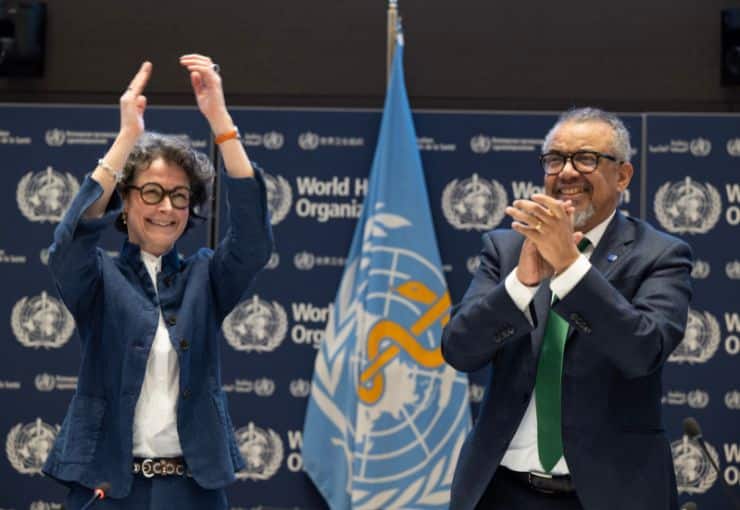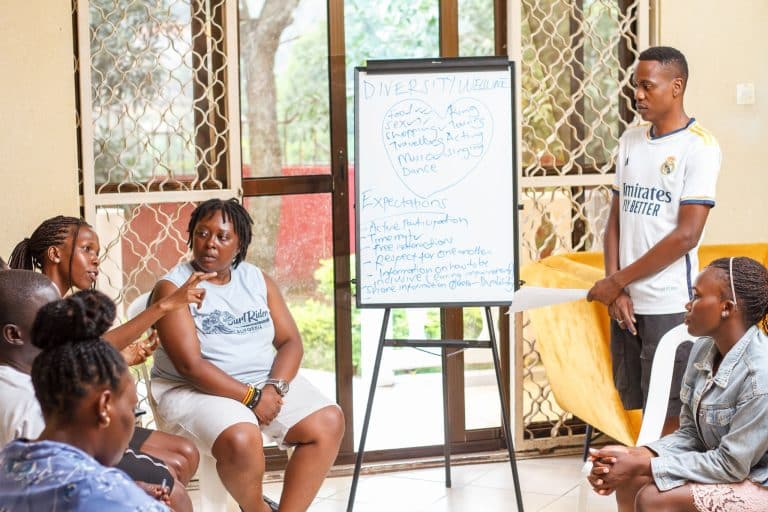Where does the Global Financing Facility and its ambitions and objectives stand today, five years after its implementation in multiple countries? In their commentary article in the Sexual and Reproductive Health Matters Journal, Lisa Seidelmann (former Wemos), Myria Koutsoumpa (Wemos), Frederik Federspiel (London School of Hygiene and Tropical Medicine, The People’s Fund for Global Health and Development) and Mit Philips (Médecins Sans Frontières) look into the GFF’s operations and governance over the past years, and ask: is it time for a change?
The Global Financing Facility for Women, Children and Adolescents (GFF) is currently under the process of a ‘strategy refresh’, which is expected to be launched in September 2020. This global health initiative was launched in July 2015 with the objective to end preventable deaths of women, children and adolescents in low- and middle-income countries and improve their quality of life. Wemos has been critically following the GFF’s developments, and the planned ‘strategy refresh’ makes for a timely opportunity to look back, reflect and adapt – for both the GFF and its partners – in order to keep up the ambitions and not fail those who are in dire need of better access to quality health care.
In their article, the authors find that while inclusiveness and transparency are key elements of effective project design and implementation, this is not still the case at high-level global decision-making processes within the GFF. They also wonder whether the GFF has so far achieved its objectives of domestic resource mobilisation and health systems strengthening, particularly regarding the health workforce and the financial barriers to health care.
The added value of civil society
The authors also find that, at country level, civil society is still facing significant challenges. And civil society and recipient countries are still excluded from the GFF Trust Fund Committee. While inclusion of civil society can be of added value in leveraging all stakeholders’ expertise in sexual and reproductive health and rights, health systems strengthening and universal health coverage. “Civil society can bring added value in addressing wider challenges in health financing, that go beyond the health sector, with alternative solutions. But to do so successfully requires that they are listened to,” says global health advocate Myria Koutsoumpa.
Read the article ‘Global Financing Facility at five: time for a change?’ in Sexual and Reproductive Health Matters
More about our work on the GFF:
Photo: World Bank Photo Collection via Flickr Creative Commons




